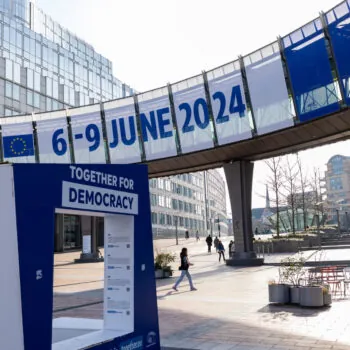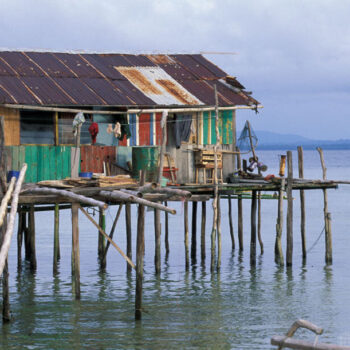The European Council today called for energy efficiency to be at the forefront of efforts to reduce the EU’s high gas dependency rates and moderate its energy prices. The European Commission has been tasked with preparing a comprehensive plan for reduction of the EU’s energy dependence by June 2014 and must ensure that increasing energy efficiency forms a central part of that plan. They must also develop an energy efficiency framework as part of the Energy Efficiency Directive review this summer.
Ingrid Holmes, Associate Director at the sustainable development thinktank E3G said today,
We are pleased to see the European Council prioritising energy efficiency as the “first step” towards reducing Europe’s high gas dependency. It is no coincidence that the European Member States most dependent upon Russian gas are among its least energy efficient. Delivering on energy security in this way also opens the door to more ambition on tackling climate change.
Unlocking the energy savings potential of these Member States could make over half of their current gas imports from Russia redundant.[1] However, the scale of investment needed to achieve these efficiency gains will not be delivered by current voluntary approaches. The next step now is for the European Commission to come up with a credible set of proposals to overcome the multiple and systemic market failures that are standing in the way of Europe realising its full energy efficiency potential.
Sustained investment in energy efficiency and demand side management throughout supply chains should also, the European Council concluded, form an area of key focus in attempts to moderate high European energy costs for end users. This follows on from analysis prepared by the European Commission which showed that prioritising energy efficiency is the best way to protect energy intensive industry from energy price rises.
Europe has maintained its position as the global leader in energy intensive goods because it uses a third less energy to produce its goods than its rivals.[2] Ingrid Holmes went on to say:
Competitiveness and energy efficiency go hand in hand. If competitiveness concerns are to be mainstreamed across all EU policy areas so too must energy efficiency.
Progress of the Member States towards meeting the EU’s 20% energy efficiency target for 2020 will be assessed this summer as part of the Energy Efficiency Directive review and new measures proposed if progress is judged too slow. Present estimates suggest that the non-binding 20% target will be missed by at least 3%. A package of structural reforms and a raised level of ambition are needed if energy efficiency is to play the central role in addressing energy security and energy prices that the European Council has promoted today.
[1] Based on Eurostat data and Franhofer ISI analysis http://energycoalition.eu/sites/default/files/Fraunhofer%20ISI_ReferenceTargetSystemReport.pdf
[2] EC Communication on Energy Prices 2014. The Commission reported that the EU had maintained its lead in global markets for energy intensive goods despite higher energy prices because of strong performance on energy efficiency.
Contact
Ingrid Holmes, Associate Director, ingrid.holmes@e3g.org / +44 (0) 7825 829592


